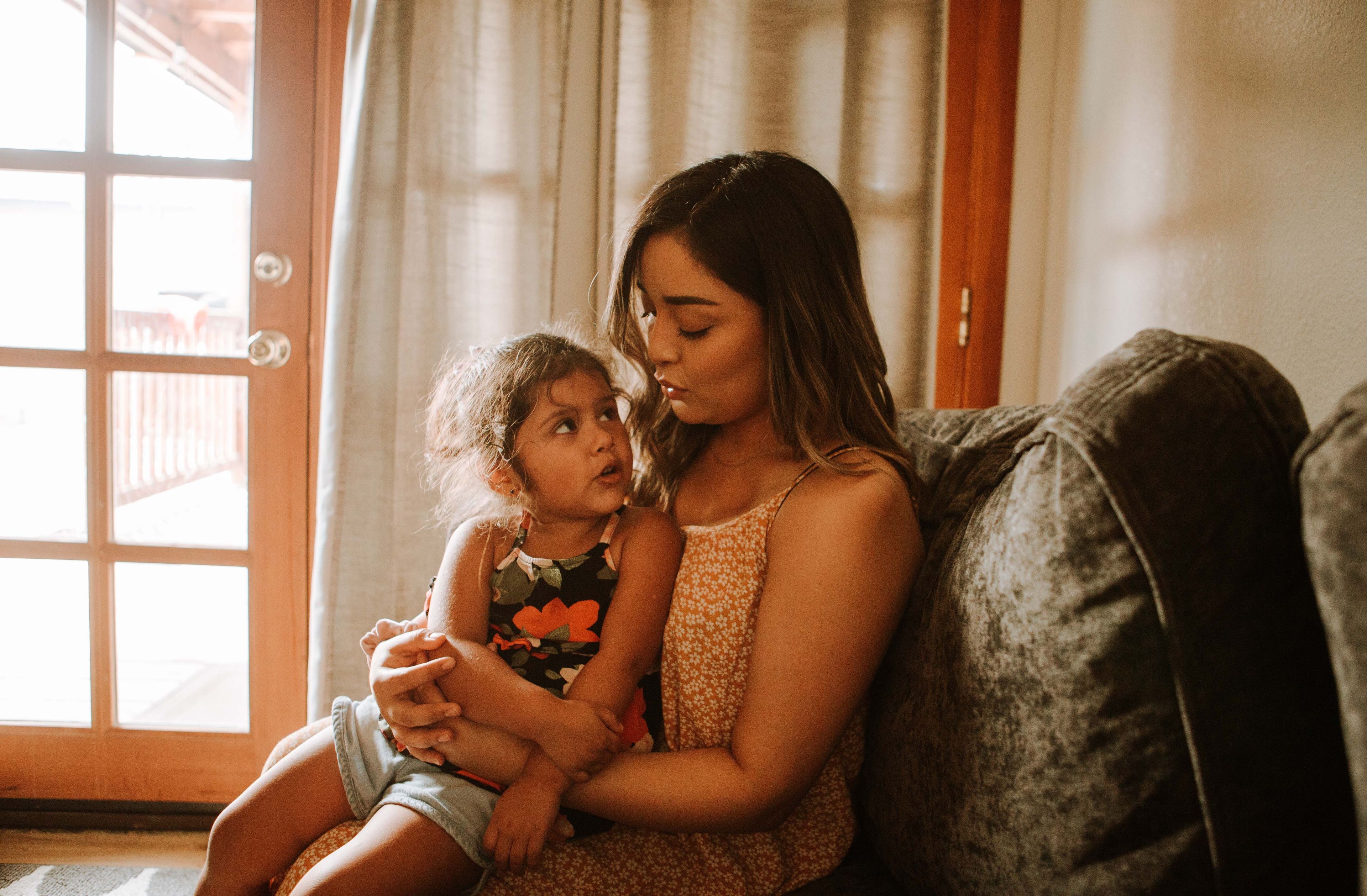
Parenting: Embracing Imperfections and Fostering Open Communication
You will mess up. Learn how to repair.
Parenting is often painted as an idyllic journey where parents are expected to be perfect nurturers, guiding their children through the maze of life with unwavering patience and wisdom. However, the reality of parenting is far from this picture-perfect image. It's a journey filled with ups and downs, successes and failures, joy and sorrow, understanding and confusion. It's a journey where every parent, without exception, is bound to mess up at some point.
There is no such thing as a perfect parent. Every parent will make mistakes. Every parent will have moments of regret. Every parent will leave at least one generational pattern of dysfunction unfinished and unfixed. This is not to say that parents are destined to fail, but rather to highlight the fact that failure is an integral part of the journey. It's through these failures that parents learn, grow, and become better versions of themselves.
Just as parents are bound to falter, every child will have complaints about their parents. They will have moments of disappointment, moments where they wish things were different. This is a natural part of the parent-child relationship. It's a part of the process where children develop their own identities, separate from their parents. They start seeing their parents as individuals with their own strengths and weaknesses, rather than the superheroes they once thought they were.
When these moments of conflict or disappointment arise, it's crucial for both parties to feel safe to express their feelings. It's important for every single adult child to feel safe going to their parent to talk about their concerns or disappointments. In the same vein, every single parent should have the skills to navigate these conversations in a way that fosters understanding and compassion.
As a parent, the most powerful words you can say to your child in these moments are:
"I hear you."
"That makes sense."
"I want to understand."
"I’m sorry."
"This is how we're going to fix it."
These words convey empathy, understanding, and a willingness to work together to solve the problem. They communicate to your child that their feelings are valid, that you're there to support them, and that you're committed to improving the situation. These words can go a long way in fostering open communication, strengthening the parent-child bond, and creating an environment where both parents and children feel heard and understood.
Parenting is a journey filled with imperfections. However, these imperfections don't define failure. Instead, they provide opportunities for growth, learning, and connection. By embracing these imperfections and fostering open communication, parents and children can navigate the journey of life hand in hand, creating a bond that is built on understanding, empathy, and love.